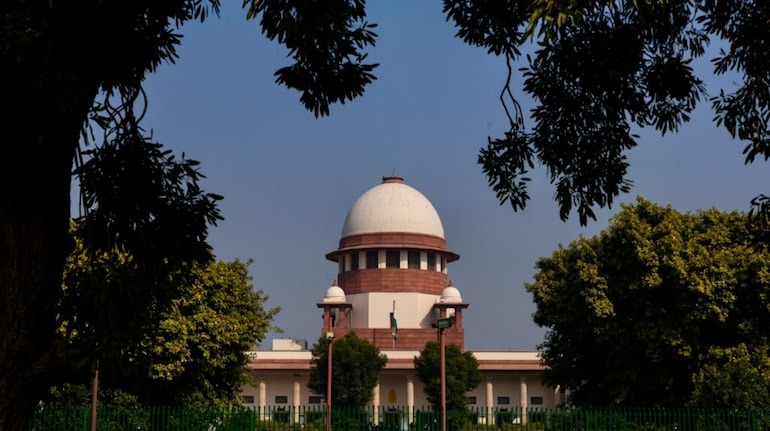
The Supreme Court has upheld the Allahabad High Court's decision to dismiss an adoption deed presented in a long-standing property dispute, stating it was a deliberate attempt to deny two daughters their lawful inheritance.
The High Court had earlier apologized for the delay of over 40 years in addressing the validity of the adoption deed, originally submitted in 1983. It found that the deed lacked compliance with essential legal requirements—specifically, the absence of the adoptive wife’s consent.
The case involved Shiv Kumari Devi and Harmunia, daughters of the late Bhuneshwar Singh of Uttar Pradesh. Petitioner Ashok Kumar claimed to have been adopted by Singh from his biological father, Subedar Singh. He produced a photograph to support his claim and sought inheritance rights in Singh’s estate.
However, a bench comprising Justices Surya Kant and N. Kotiswar Singh dismissed Kumar’s appeal against the High Court’s December 11, 2024 order. The Court concluded that the adoption deed, dated August 9, 1967, was invalid due to non-compliance with legal procedures.
The Supreme Court noted that the deed was part of a strategy to deprive Singh’s daughters of their rightful property. Justice Surya Kant highlighted that such tactics are commonly used in rural areas to undermine daughters' inheritance rights.
Both the consolidation authorities and the High Court had found the adoption deed legally unsustainable. The High Court stated there was no need to overturn the Revenue Board's decision, as the requirements for a valid adoption under the Maintenance and Adoption Act, 1956, had not been met.
Key deficiencies included the lack of the adoptive wife’s consent, which is a legal necessity. There was also insufficient proof of a ceremonial adoption involving the traditional giving and taking process.
Evidence showed the adoptive mother neither signed the deed nor participated in any adoption ritual. Photographs submitted also failed to confirm her involvement. One witness could not even identify her in the images.
The daughters’ legal counsel stressed that the adoption needed to be validated in accordance with the law. In this case, the necessary documentation and ceremonies were missing or unverified. The adoption father’s consent, given while seated in a 'palki' during the registration, did not fulfill the legal requirements.
Read More: Holi, Bhang, and the High Court CJI Suryakant’s Viral Remark on Post-Festival Recovery

 Share
Share


_853562307_100x75.jpg)
_1063032679_100x75.jpg)